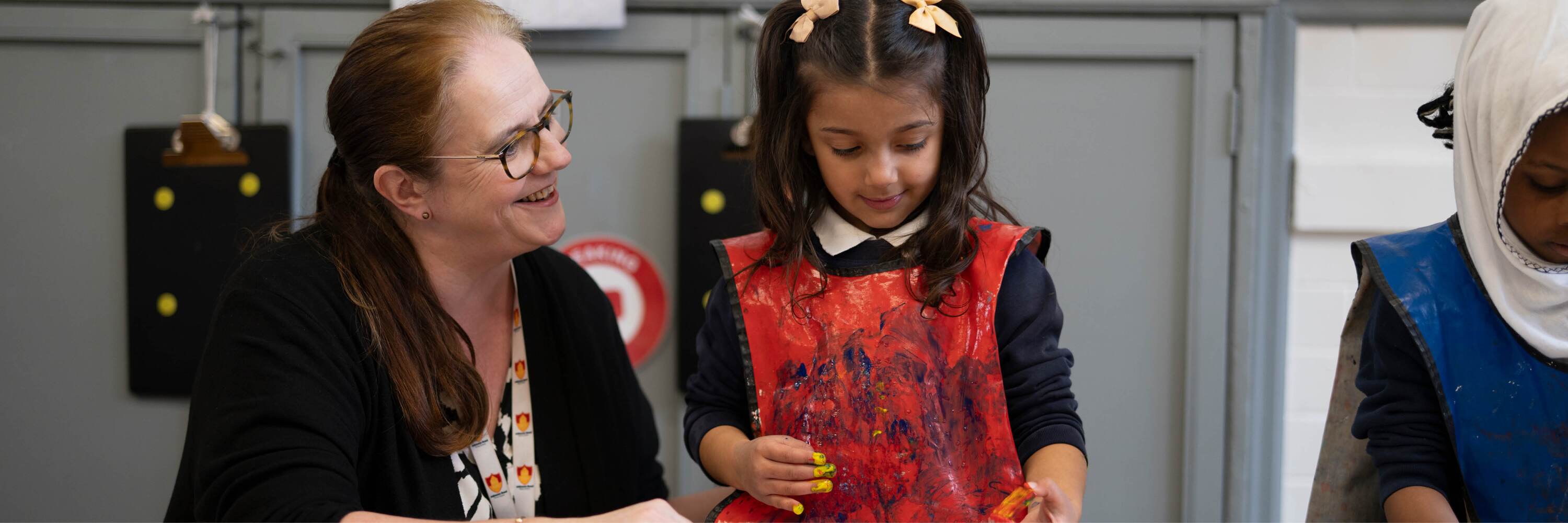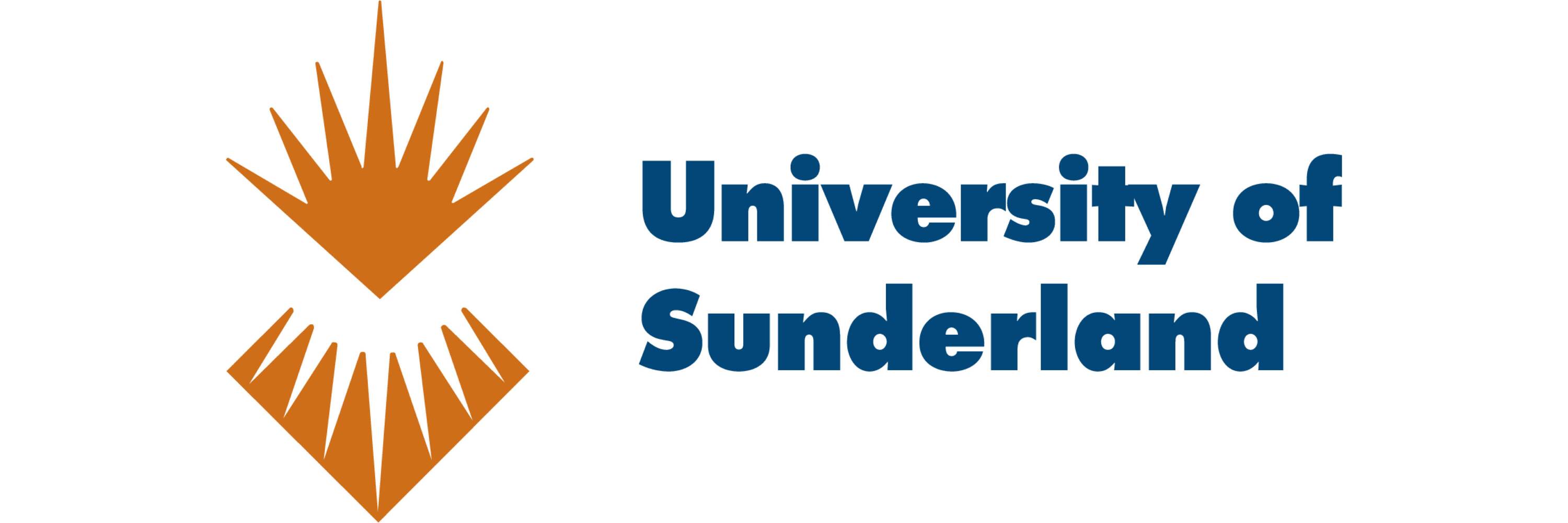Train With Us
Our ITT Programmes
Teaching is a profession that offers rewards and challenges like no other. Whilst it’s not a job for everyone, if it is the right job for you it can give you enormous satisfaction as you make a real and meaningful difference to the lives of the young people that you work with each day.
We all know that our teachers play a vital role in shaping us, and if the chance to support the growth of young people appeals to you, you should consider completing your Initial Teacher Training (ITT) school-based route with us at Laidlaw Teacher Training.
Our teacher training programmes are underpinned by the Core Content Framework, which is embedded into all of our ITT courses. Subject pedagogy (how to teach the subject for understanding) is explored through a partnership between our Academies and the University of Sunderland.
This provides trainees with the 'best of both worlds' - opportunities to work with research relevant university professionals with an abundance of experience in teacher training, and school practitioners who are experts in current classroom practice and delivering the National Curriculum.

Supported Every Step Of The Way
The duration of the teacher training course is one academic year and comprises two placements:
You will complete one longer placement at your host school, with a second, shorter placement, in another partner school. This guarantees that you test your teaching skills in different environments, going beyond your comfort zone.
In each teaching placement, you will undertake a range of lesson observations, witnessing excellent classroom practice, and effectively cultivating the skills needed to plan and deliver effective learning sequences for students in your subject area.
Throughout your time with us as a school-based trainee, you will be supported by a Subject Mentor who will guide you in developing your practice day to day. Subject Mentors are seasoned professionals who are highly immersed in everyday school life. This allows our trainees to quickly pick up the skills of the trade during their postgraduate teacher training programme.

PGCE from the University of Sunderland
Alongside your in-school training you will benefit from training delivered by the University of Sunderland, allowing you to take advantage of the University’s academic and research expertise. This training provides an opportunity to explore issues relating to teaching and learning through lectures and seminar groups.
This programme is currently undergoing revalidation and may be subject to some changes. Successful completion of the programme leads to the award of qualified teacher status (QTS) and Postgraduate Certificate in Education (PGCE), with 60 credits at masters level.
The Development of Learning
Gain an introduction to research methods, focusing on school policy and practice to address the individual learning needs of pupils. Use the knowledge you have gained from your experience in a school setting where you have identified the way in which the school addresses the educational needs of a particular group of individual pupils and show how learning is developed over time or what could be done to enhance development.
Negotiated Individual Study in Education
Undertake a piece of independent academic study related to your vocational/professional development and engage in intellectual challenge and dialogue. Develop both general and specific knowledge and skills, identifying the key skills that will enhance your ability to transfer learning to further study and to the workplace.
Subject Studies
Investigate the content of subject areas taught within the curriculum. Consider the development of a variety of approaches to teach a particular subject or topic area. Formulate skilful questioning to reveal levels of pupil understanding. Examine ways of motivating pupils, including the provision of a challenging curriculum designed to foster problem solving abilities. Explore the setting of homework that is challenging, encouraging pupils to take responsibility for their own academic progress.
Practice of Teaching
Immerse yourself in teaching institutions to develop professional knowledge about teaching and learning, to make judgements about the routines, skills and strategies that support effective teaching. Gain a variety of experience in a work-based learning environment to meet Professional Standards identified in Government legislation, consistently and over a sustained period of time.

Subjects We Offer
All of our programmes are accredited by the Department for Education and will equip you to teach in your specialist subject in Key Stages Three and Four (ages 11-16). Successful completion of the course will provide you with a recommendation for Qualified Teacher Status (QTS), awarded by the Department for Education, and a PGCE, awarded by the University of Sunderland.
Regardless of your subject, our school-based teacher training course ensures that you are supported from day one by our fantastic professional mentors. As a Laidlaw Trainee, you will receive a well-balanced mixture of theoretical knowledge from a top UK university, and immediately apply theory in practice, effectively developing your teaching acumen.
To learn more about initial teacher training, visit this Get Into Teaching page about steps to become a teacher;
To learn about fees, please visit the University of Sunderland website;
To learn about funding, please visit this Get Into Teaching page.
